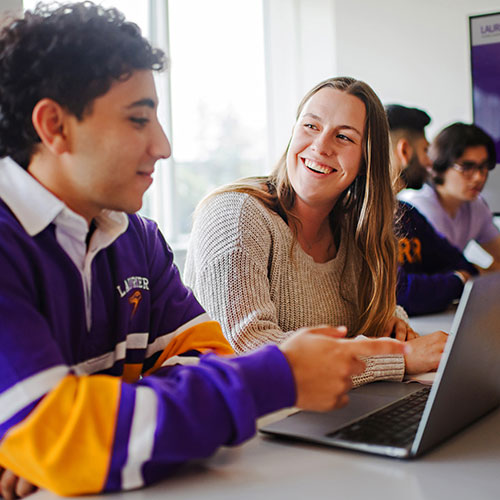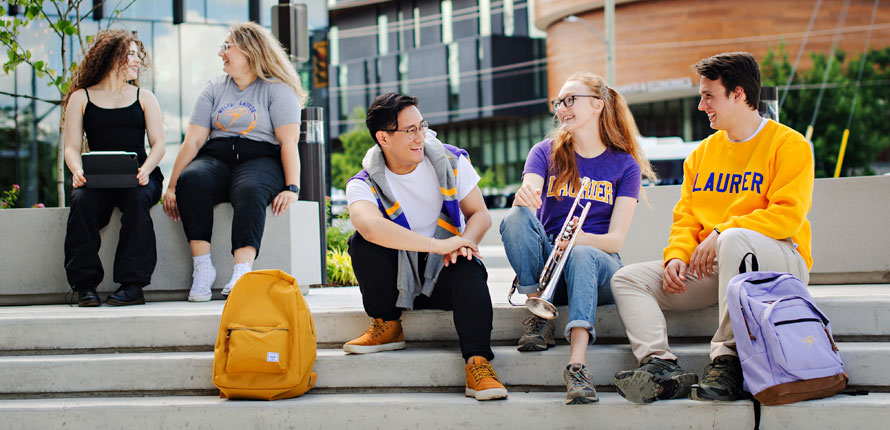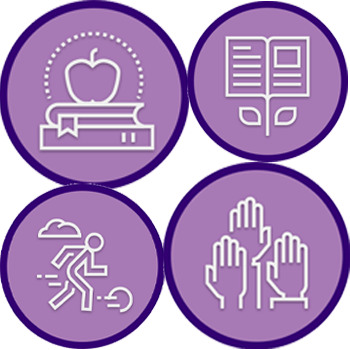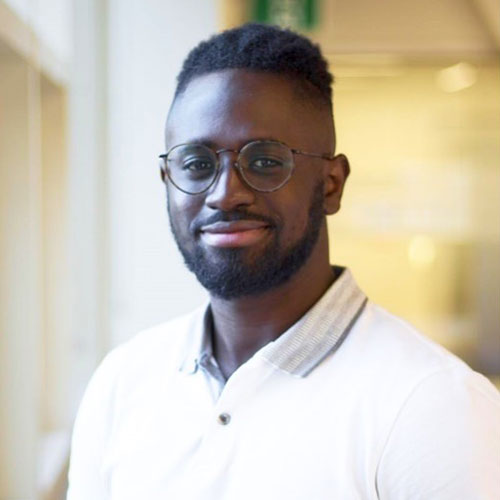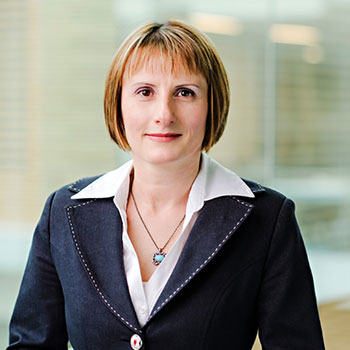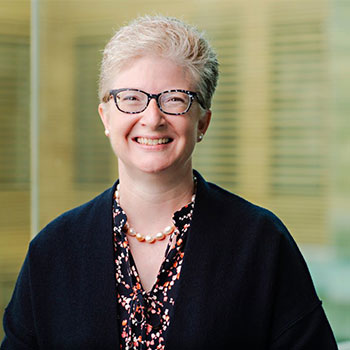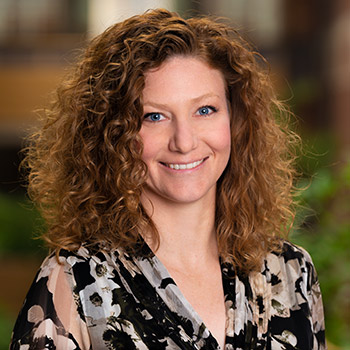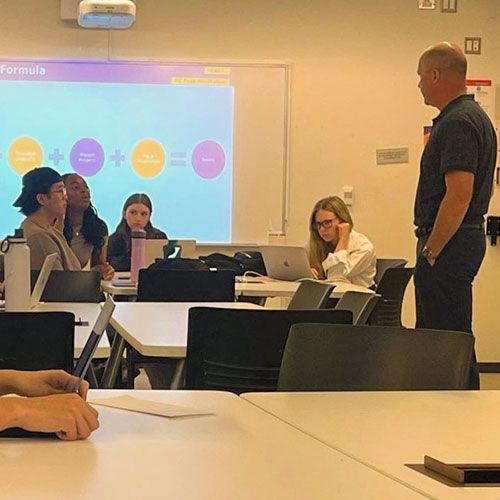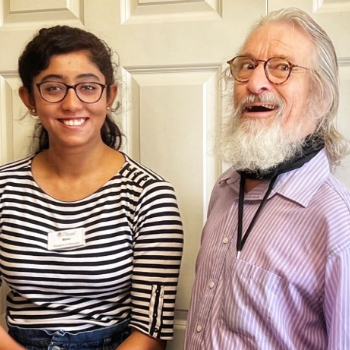Mary Lou Miller, Marketing Innovation Manager
I have found the MBA students from Laurier to be of high quality, responsible, knowledgeable, and able to get up to speed quickly, greatly contributing to the quality of HopeSpring's marketing initiatives. Additionally, working with the Marketing Strategy class BU452 has been a pleasure, as the students are fully engaged with the community project and committed to making a meaningful difference for the members and future members of HopeSpring. Their dedication and enthusiasm have had a significant positive impact on our organization.
Justin Kirkham, Grant and Funding Development Lead
I have found the placement of MBA students in our organization and within my department to be an incredibly valuable addition to the team. The students are always eager to contribute and quick to learn the processes involved while adding their own expertise and understanding to the project at hand. Many MBA students have continued volunteering past their allocated time per their course requirements which has been a tremendous help and further exemplifies their commitment to community service.
Nohelia Millon, Member Services, Programming, and Volunteer Lead
At HopeSpring Cancer Support Centre, engaging students from Laurier University has been an incredibly enriching experience for our organization and the cancer community. Their creativity, dedication, and fresh perspectives have significantly contributed to our mission of providing support and hope to those on their cancer journey.
French Fairy Tales Project: The French students' initiative to create fairy tales, such as Red Riding Hood, Witch/Giant stories, and other magical narratives, has had a profound impact on our community. By weaving themes of strength, positivity, hope, resilience, and courage into these tales, they have offered our members, especially children, a unique and powerful means to understand and cope with their experiences.
From the perspective of the students, spending time with HopeSpring Cancer Support Centre offers a deeply meaningful experience. They gain firsthand insight into the resilience and strength of those affected by cancer, learn the importance of community support, and develop invaluable skills in communication, organization, and leadership. The opportunity to make a tangible difference in the lives of our members fosters a sense of purpose and empathy, which is essential for their personal and professional growth.
In summary, the partnership between Laurier University and HopeSpring Cancer Support Centre is a testament to the transformative power of community engagement. It highlights how students can play a crucial role in supporting those on their cancer journey while simultaneously growing and learning from the experience.


